Call me crazy, but I love hanging around the barn when the horse dentist pays a visit. Dave Butts is a terrific horseman, and always has something interesting to say. He’s also helped keep my horses’ teeth in great shape over the last 15 years.
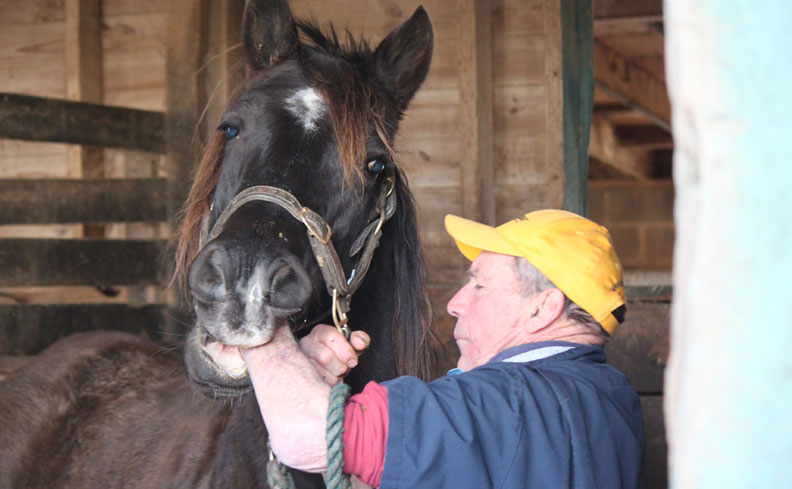
A certified equine dental technician, Dave owns a Libertytown, Maryland-based equine dental practice that he calls The Horse’s Mouth. He’s also a former vice president of the International Association of Equine Dentists.
The first time I met Dave, he regaled me with stories of filing teeth on a giraffe. While he talked, he worked on the big, young warmblood gelding I had back then. Dave reached into Benny’s mouth and pulled out what looked like a tooth. I nearly passed out. Then I realized what he had pulled out was in fact not a tooth. It was a sharp, uncomfortable cap leftover from a baby tooth in Benny’s mouth. Phew! Dave had it all covered with gentle touch.
This morning, I brought my (muddy, little) 12-year old Welsh Cob gelding Taff up from the field just as Dave got ready to work. Up to his elbow in horse teeth, he told me how people always ask him how horses teeth grow. In fact, he says, they don’t grow at all. Once horse teeth are formed, they simply erupt, uppers and lowers fitting together (held tight by periodontal ligaments) to create perfect food grinding surfaces.
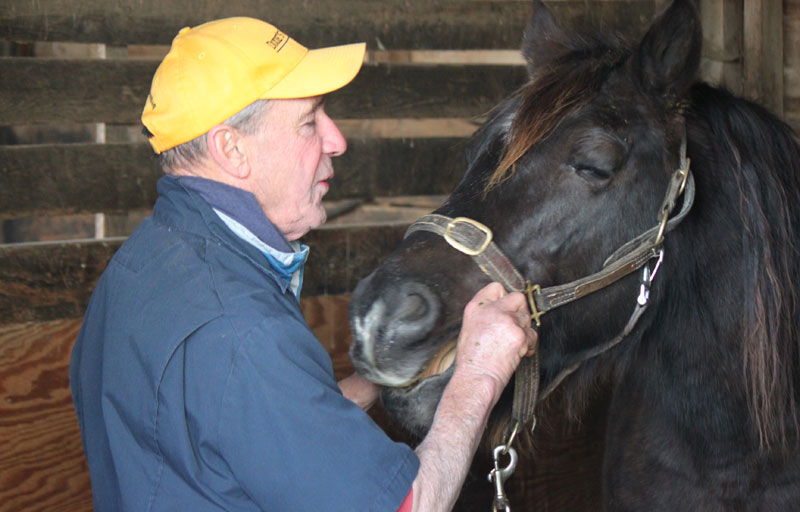
As a horse ages, teeth gradually get loose and “out of wear,” which means they don’t touch well enough anymore to grind as well as they used to – or at all. This is why older horses sometimes spit food out or can’t chew well. He says the development of equine senior feeds and more sophisticated equine dentistry in the past 20 years has helped horses age better and live longer. Teeth are less likely to fall out; proper chewing helps digestion and reduces the likelihood of colic; training problems ease with less tooth-related pain in your horse’s mouth.
What are the biggest mistakes a horse owner can make when it comes to her animal’s teeth, according to Dave? Two things: The first is delaying dental care until a horse is old. Horses between up to five years old and horses over 20 years old should be seen by a certified equine dentist twice a year. In between, an annual visit works well. The second biggest mistake is not working with an equine dentist at all (he doesn’t recommend having your vet do it as part of a health program). Regular dental work from a certified equine dentist, says Dave, can add years to your horse’s life.
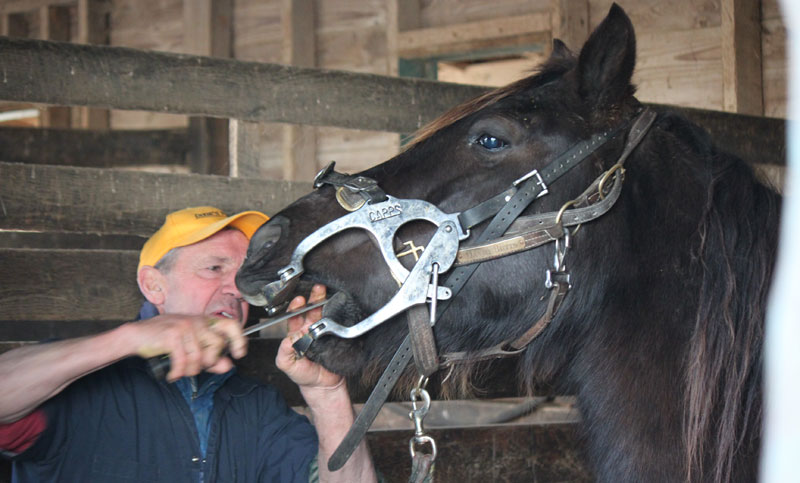
In addition to his dental practice, Dave “breaks” hundreds of young horses at the 130-acre farm he owns (Windy Willows Farm) and runs with his wife Deborah in central Maryland.
Back to Over the Fence


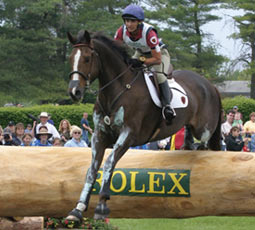
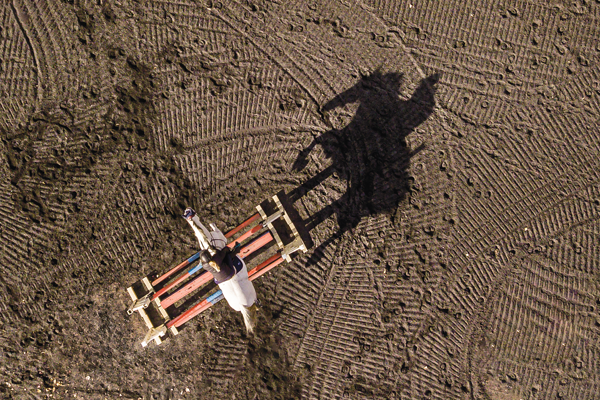

Always learn something here. Love the pictures and the personal voice of this writer. Lucky us for having her write a column so frequently. Thanks, Kitson!
Good advise, I learn alot on Horse Channels.
Interesting but I don’t agree with everything.